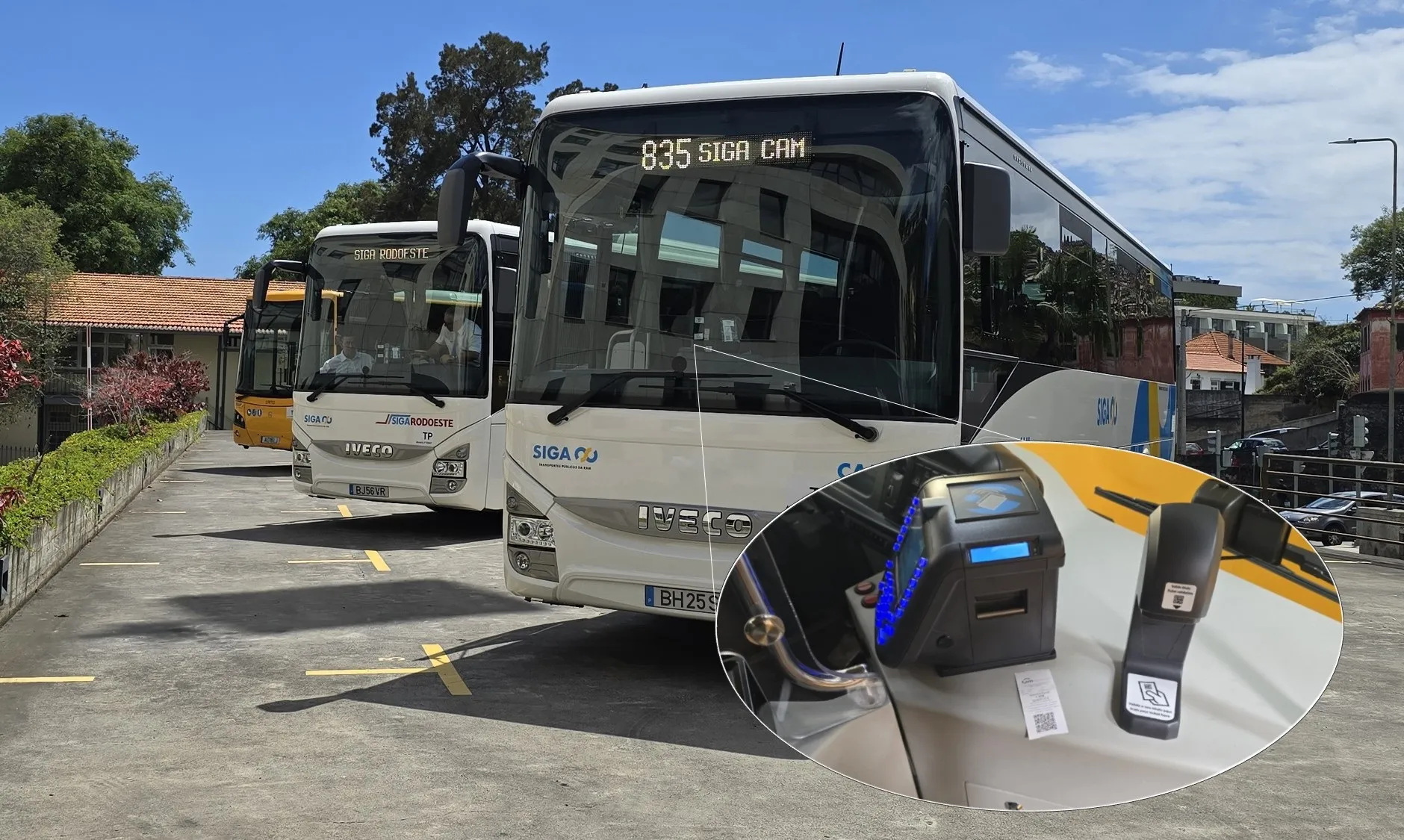
The Portuguese islands of Madeira and Porto Santo have launched a Flowbird ticketing system to improve transportation access for local people and visitors.
The project, delivered by the Autonomous Region of Madeira, brings together three bus operators in a new network called Siga - operated by Companhia de Autocarros da Madeira, Siga Rodoeste and Horários do Funchal - with passengers and operators benefiting from multi-channel retailing technology.
Flowbird systems integrate with applications developed by Flowbird’s partner in the region, Neves & Neves. As part of the new solution, passengers can now use the newly-introduced Giro smartcard, paper tickets or passenger app across multiple transport operators.
As part of the procurement award, Flowbird supplied more than 500 bus driver consoles and on-bus validators, along with self-service ticket vending machines which support smartcard purchase and top-up.
The Giro smartcard aims to improve mobility in Madeira and Porto Santo by simplifying the travel experience for residents and visitors. It also provides bus operators with a centralised ticketing and retailing function.
The next phase will see vehicle locations and arrival times displayed in vehicles and at stops, explained Paul Rogers, transport sales and marketing director with Flowbird.
“The delivery of this integrated system is a great example of working in partnership with our value-added reseller Neves & Neves,” said Rogers. “It’s a system which makes it easier for people to access public transport on Madeira and, therefore, simplifies millions of journeys each year for local people and tourists.”
Flowbird says that its solutions are used in 4,350 cities in 80 countries.








